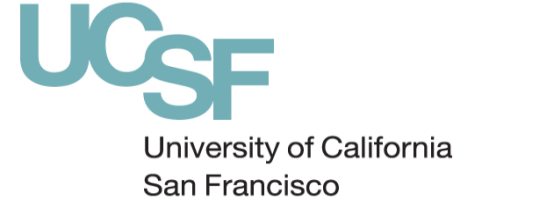Tenofovir: Q&A for Patients and Providers
Tenofovir: Q&A for Patients and Providers
What is the new finding about HIV/AIDS drugs and associated kidney problems?
Tenofovir, an anti-retroviral drug used to treat HIV, was associated with an increased risk of kidney disease in an observational study of 10,841 HIV-infected veterans who were new users of antiretroviral therapy between 1997 and 2007. The study found that tenofovir is associated with an elevated risk of kidney disease, even in persons without pre-existing risk factors for kidney disease, and that this toxicity to the kidney may not be reversible.

Michael G. Shlipak, MD, MPH
The study showed that for each year that a person uses tenofovir, there is a 34 percent higher risk of developing protein in the urine, which is an important sign of kidney damage; an 11% higher risk of rapidly declining kidney function, and a 33% higher risk of developing chronic kidney disease. These risks are all independent of the other factors that cause kidney disease, such as age, diabetes, hypertension, smoking, hepatitis C infection and HIV-related factors.
How much extra risk is this?
Overall in the study, the differences in risk between users and non-users of tenofovir each year were: 13% vs. 8% for protein in urine, which is an important marker of kidney damage 9% vs. 5% for rapidly declining kidney function; and 2% vs. 1% for developing chronic kidney disease. However, these numbers are based on the average risks in the study population, and patients with more risk factors for kidney disease would be put at proportionately higher risk when they use tenofovir.
Which drugs are we talking about?
In the study, the risk appeared to be unique to tenofovir. Other antiretroviral drugs showed weaker or inconsistent associations with kidney disease events, and none was associated with higher risk for even two of these three adverse kidney disease outcomes.
Should I stop taking these drugs if I am already taking them now?
This decision should be made on an individual basis, in consultation with your physician. The decision should involve weighing the risks/benefits and discussion of alternative treatment options. Tenofovir is an important component of effective antiretroviral therapy that you may need to control your viral load. If you remain on tenofovir, you may need more frequent monitoring of your kidney function and your level of urine protein. You are likely at increased risk of kidney disease if you have diabetes, high blood pressure, cardiovascular disease or hepatitis C. African Americans, Hispanics, Pacific Islanders, Native Americans and older adults are also at increased risk.
What are the symptoms of kidney problems? Should I be taking tests to monitor my kidney function?
Most people do not have any symptoms until their kidney disease is advanced. So, kidney disease is typically detected by screening tests of blood and urine.
Moving forward, what questions should I ask my doctors?
You should ask your doctor about whether you need routine monitoring of blood and urine samples to measure the following: serum creatinine, proteinuria, and microalbuminuria. You should also ask your doctor to calculate your estimated glomerular filtration rate (eGFR). You may want to have a discussion about alternative treatment options.
What about the prophylactic use of these drugs to prevent HIV progression and transmission?
A study of HIV pre-exposure prophylaxis (PrEP) using once-daily oral tenofovir was presented at the XVIII International Conference on AIDS (AIDS 2010), which included 323 men. This study found no indication of significant safety issues, including kidney problems or bone loss. However, this study may not have been large enough to detect increases in risk for kidney disease.
Where can I get more information?
You may get more information from HIV/AIDS websites such as Project Inform or HIV InSite. You can also contact your doctor if you have additional questions about your anti-retroviral medications or risk for kidney disease.
###
> About University of California, San Francisco (UCSF).
The University of California, San Francisco (UCSF) is a leading university dedicated to promoting health worldwide through advanced biomedical research, graduate-level education in the life sciences and health professions, and excellence in patient care. It is the only UC campus in the 10-campus system dedicated exclusively to the health sciences.
More about University of California, San Francisco (UCSF).
More about University of California, San Francisco (UCSF). Information.
###
* The above story is adapted from materials provided by University of California, San Francisco (UCSF)
________________________________________________________________




















